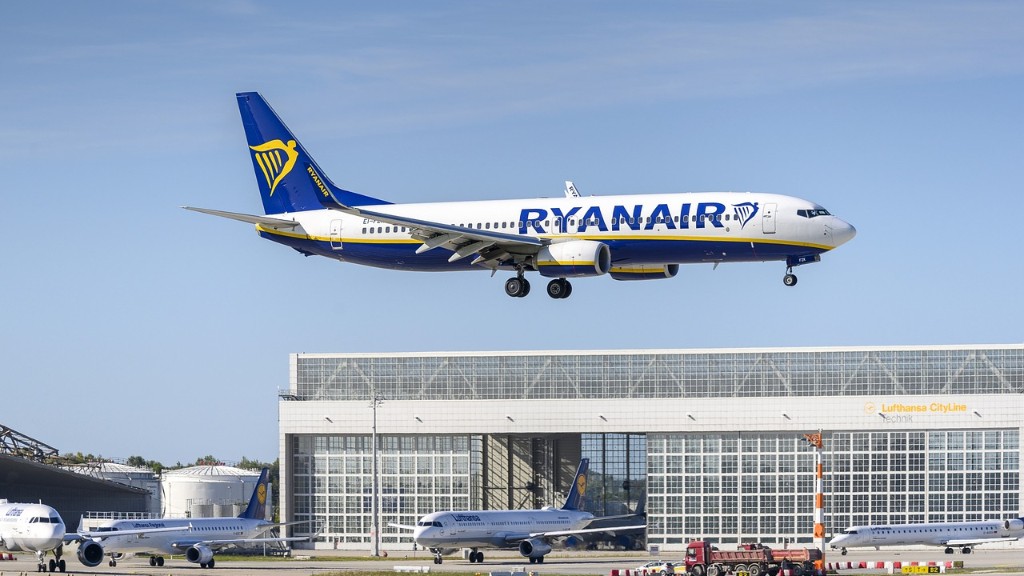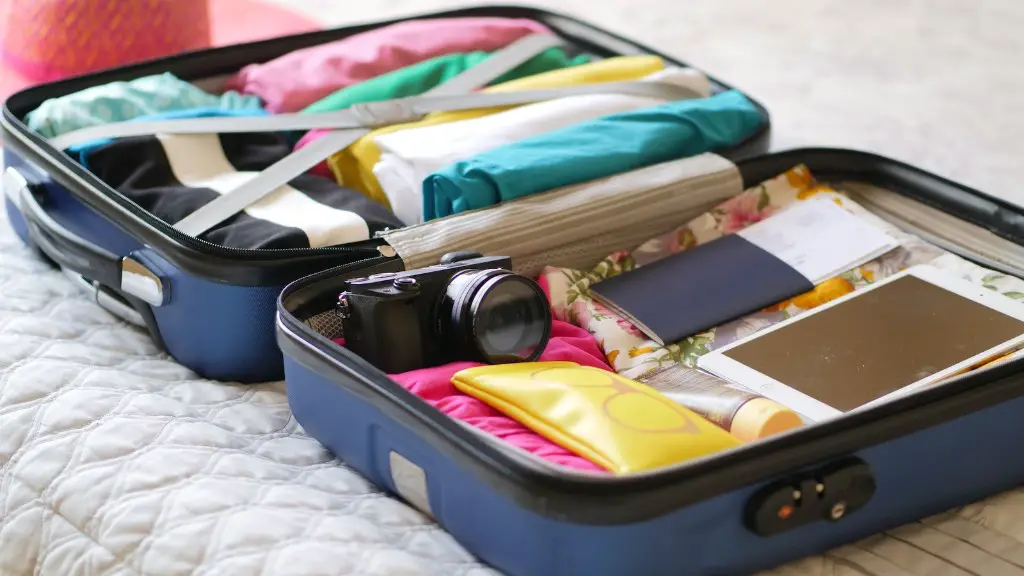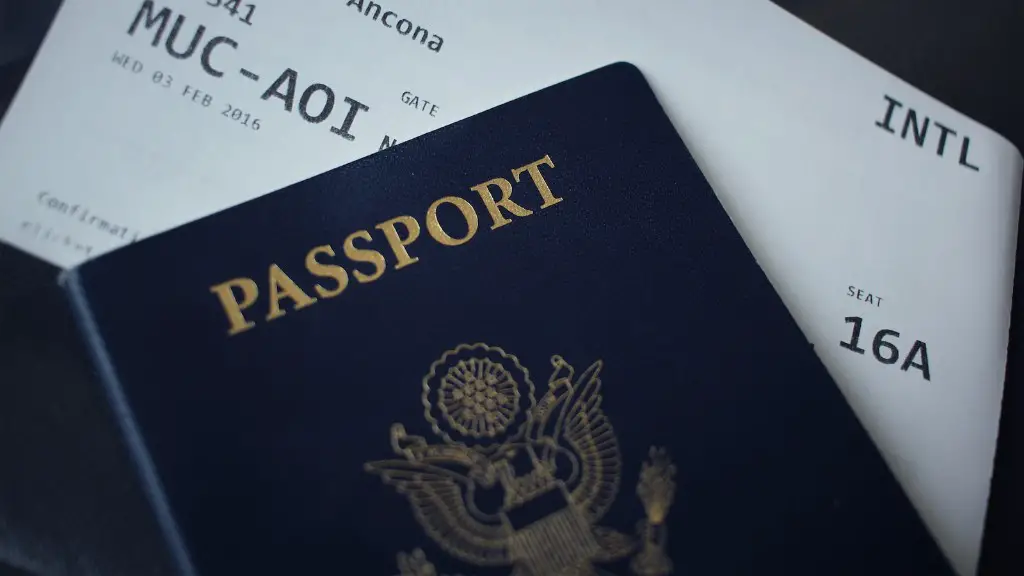Most people understand that travel insurance is important for things like cancellations, medical emergencies, and lost baggage. But there are actually a lot of different things that travel insurance can cover. It’s a good idea to have travel insurance any time you leave your home country, even if you’re just going on a short trip.
There are many benefits to purchasing travel insurance, as it can protect you financially in the event of cancelled plans, a medical emergency, or lost luggage. It can give you peace of mind when travelling, knowing that you are covered in case of an unforeseen event.
What does travelers insurance cover?
Baggage and personal belongings insurance is a great way to protect yourself from financial loss while traveling. This coverage reimburses costs associated with luggage and personal belongings that are lost, stolen or damaged while traveling. This can include original and replacement plane tickets, non-refundable hotel reservations or emergency lodging. Be sure to read the policy carefully to understand what is and is not covered.
If you’re planning a trip, it’s important to know what your travel insurance policy covers. Allianz Global Assistance, a travel insurance provider, notes that trip cancellations and interruptions due to known, foreseeable, or expected events, epidemics, or fear of travel are generally not covered. This means that if you cancel your trip because you’re worried about the coronavirus, for example, you likely won’t be reimbursed. Be sure to read the fine print of your policy before you buy to know exactly what’s covered.
Is it a good idea to take out travel insurance
If you have prepaid for your trip and cannot cancel without penalty, then travel insurance is probably a good idea. If your trip is canceled or interrupted for a covered reason, this protection will cover your reservations.
It’s important to understand that travel insurance will typically only reimburse you for the pre-paid and non-refundable money that you lose. In other words, if you cancel your trip and the travel supplier offers you a partial refund, your insurance company will likely only reimburse you for the amount that you’re actually out of pocket.
What are three types of travel insurance?
Medical insurance covers the cost of medical care while you are traveling. This can include emergency medical evacuation, hospital stays, and doctor visits.
Cancellation/interruption insurance covers the cost of your trip if you have to cancel or interrupt it for a covered reason, such as a sickness or injury.
Luggage insurance covers the cost of lost, damaged, or stolen luggage.
A travel medical policy is a great way to be prepared for any medical emergencies that may come up while you are traveling. These policies typically include benefits for medical expenses such as doctor or hospital visits, medical evacuation and repatriation. Trip insurance can also cover the financial investment of an international or domestic trip, so it is worth considering if you are planning a trip overseas or to a remote location.
What is the most common travel insurance claim?
According to Godlin, claims data shows that the most common claims are for trip cancellation, medical expenses for emergency illness or injury, and reimbursement of certain trip costs if a trip is interrupted. This highlights the importance of having travel insurance when travelling, as it can help to cover the costs of unexpected events.
There are a few things to keep in mind when purchasing travel insurance. The policy start date needs to be that of your actual trip, but the cover starts right away. The same usually applies to specialist types of travel insurance like cruise cover and winter sports cover for activities like skiing and snowboarding. Cover usually starts on these policies the moment you buy them, too.
What is a reasonable amount to pay for travel insurance
If you’re planning a trip, be sure to factor in the cost of travel insurance. Depending on your age, travel destination, cover level, and pre-existing health conditions, travel insurance can cost anywhere from $2 to $6 per day. While it may seem like an unnecessary expense, travel insurance can save you a lot of money if something goes wrong on your trip.
If you’re worried about something happening at your destination, buying travel insurance is a good idea. It will protect you in case you have to cancel or interrupt your trip due to an emergency. If you’re not sure what you’d do if you had a medical emergency while you were traveling, buying travel insurance is a good idea. It will cover your medical expenses in case you need to be hospitalized.
What kind of insurance do I need for Travelling?
There are 5 main types of travel insurance:
1) Trip Cancellation: This type of insurance covers you in case you have to cancel your trip for a covered reason (usually due to sickness, inclement weather, or a family emergency).
2) Trip Interruption: This type of insurance covers you if you have to cut your trip short for a covered reason (usually due to sickness, inclement weather, or a family emergency).
3) Medical Insurance: This type of insurance covers you for medical expenses incurred while on your trip.
4) Baggage Insurance: This type of insurance covers you for lost, stolen, or damaged baggage while on your trip.
5) All-inclusive Insurance: This type of insurance covers you for a variety of different types of expenses that may be incurred while on your trip, including trip cancellation, trip interruption, medical expenses, baggage loss, and more.
Most experts agree that life, health, long-term disability, and auto insurance are the four types of insurance you must have. Life insurance protects your family in the event of your death. Health insurance covers your medical expenses. Long-term disability insurance replaces your income if you can’t work due to an injury or illness. Auto insurance protects you financially if you cause an accident.
Do I buy travel insurance before or after booking
It’s actually better to wait until after you reserve your seat on the plane to buy travel insurance. This way, you’ll know your ticket price and can make sure your travel insurance will cover the full cost of the ticket, in case you need to file a claim later.
Trip protection plans are designed to reimburse you for non-refundable trip costs if you have to cancel or interrupt your trip. Travel medical plans are designed to cover medical expenses if you become sick or injured while traveling.
What are three things you should look out for when buying travel insurance?
When buying travel insurance, it’s important to make sure you’re getting the right duration of coverage for your trip. Additionally, you’ll want to make sure that all of your destinations are covered under the policy. Pre-existing medical conditions may also be excluded from coverage, so it’s important to check the policy details carefully. If there’s any element of danger associated with your trip, you’ll need to purchase additional coverage. Be sure to factor in the cost of the policy excess when considering whether or not to purchase travel insurance. And finally, be sure to report any type of theft immediately to the insurance company.
This is good news if you’re a procrastinator or if your trip is unexpectedly cancelled close to the departure date and you need to buy travel insurance at the last minute.
Warp Up
The main purpose of travel insurance is to protect travelers in the case of an unexpected event such as an accident, illness, or theft. Travel insurance can also provide coverage for trip cancellations, lost or delayed luggage, and other unforeseen problems that can occur while traveling.
Overall, travel insurance is good for protecting you from financial losses that can occur while traveling. It can cover things like lost luggage, cancelled flights, and medical emergencies. It’s important to read the fine print of your policy to know exactly what is and is not covered.





